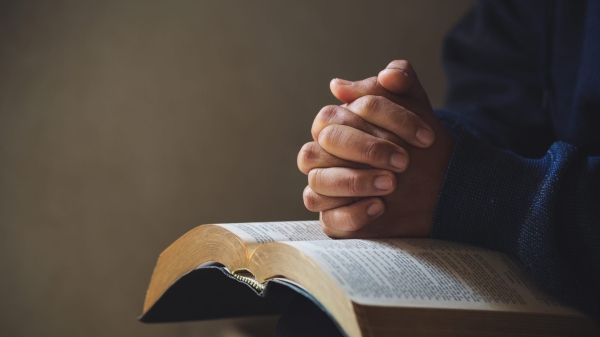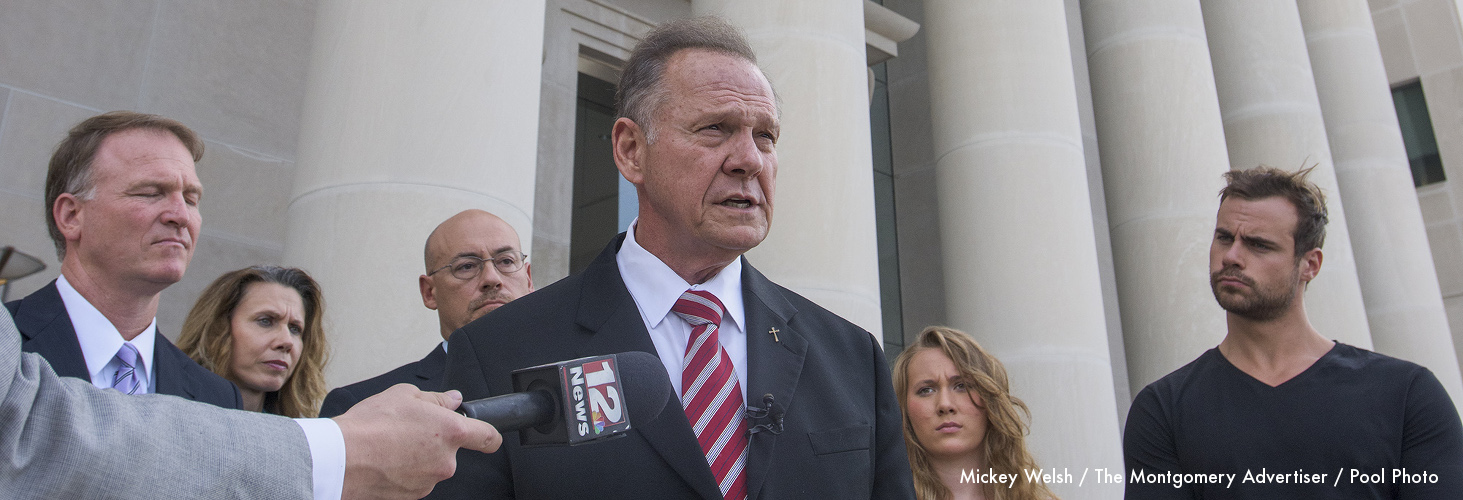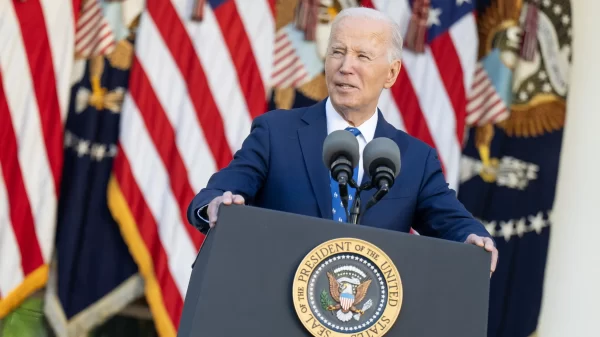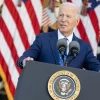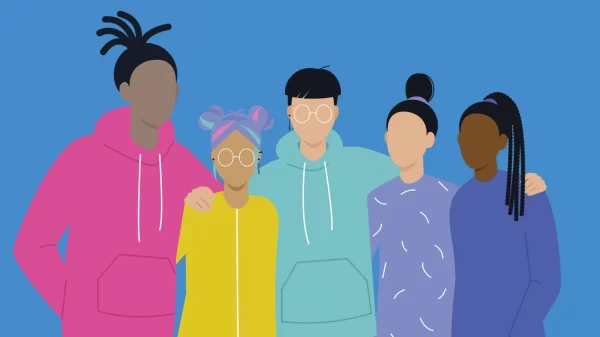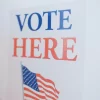By Bill Britt
Alabama Political Reporter
If there was any question that the removal of Alabama Supreme Court Chief Justice Roy Moore was politically motivated, the ruling by the Special Supreme Court’s 45-minutes before his press conference last Wednesday should remove all doubt.
Mere minutes before Moore’s press conference where he intended to shame the Special Supreme Court for not deciding his case in a timely fashion, the Court blindsided the Chief Justice by upholding his suspension.
In January, the Special Supreme Court, comprised of retired judges, received the briefs in Moore’s case. All the judges needed to do was read them and rule. Are we to believe this court of retired judges just happened to release its findings 45-minutes before Moore was to hold a press conference? Or is this yet another example of “Welcome to Montgomery: The Heart of Corruption” where there are few coincidences and one man’s plan is another man’s plot?
Whether you love Moore or loathe him, the lingering questions surrounding his removal are greater than the man himself or popular opinion. The real issue here is justice and how a flawed system of judicial review has forever recast the people’s right to know how judges are removed from the bench in the State of Alabama.
These secret proceedings that removed Moore from office for life have undermined the state’s constitution requiring a honest and transparent hearing of facts that is open for public review. In this case Moore has been denied equal protection, the same offense his detractors accused him of trying to do to same-sex couples.
On October 19, 2016, The Alabama Political Reporter filed a Motion to Intervene and Unseal Court Records in the Moore case. Chief Justice Moore joined in APR’s suit. Moore was the only party who could say he would be harmed by releasing the documents. But on February 3, 2017, the Special Supreme Court, in a 4-3 decision, denied the motion.
Four out of the seven-judge panel upheld the argument made by Judicial Inquiry Commission (JIC) attorneys John L. Carroll, Rosa Davis and R. Ashby Pate: “The presumption of open court proceedings and the Chief Justice’s own consent to lifting the seal, are insufficient to overcome the Alabama Constitution’s strict confidentiality mandate that [a]ll proceedings of the [JIC] shall be confidential, except the filing of a complaint with the [COJ].”
With those few words, the JIC lawyers confirmed that, in fact, the JIC is a “Star Chamber” court beholden to no one; above the law that demands an open and transparent process. Those who defend the JIC’s actions are surly, corrupt actors, who view the law through the narrow lens of petty partisan ideology and repulsive self-interest. The statute that gives the JIC confidentiality does not apply broadly to the entire proceeding, and certainly is not applicable after the matter is adjudicated.
What was the unethical conduct that led to Moore’s suspension for the remainder of his term?
In February 2015, Moore issued an Administrative Order stating that the opinion issued by US District Judge Callie V. Granade, in Obergefell v. Hodges, regarding the State’s marriage only applied to the parties in that case and that the probate judges, as non-parties to that case, were bound to follow Alabama law. In March 2015, the Alabama Supreme Court ordered the probate judges to cease issuing marriage licenses to same-sex couples.
In January 2016, the Chief Justice issued a second Administrative Order, reminding the probate judges that the March 2015 Order remained in effect, pending further action by the Alabama Supreme Court.
Moore contends the charges against him were not about ethical misconduct, but instead, were an attack on his statements and administrative orders about the legal status of Alabama’s Sanctity of Marriage laws.
However, Richard Cohen, SPLC President said, “Justice Moore has apparently not read the ethics complaints that we have filed against him. Those complaints focus not on his judicial opinions, but on his extrajudicial actions and statements, urging defiance of the rulings of the US Supreme Court.”
The SPLC complaint was not surprising. That’s what they do; they file lawsuits. However, what followed in the Moore case has far reaching consequences that threaten the very essence of justice for everyone in our State.
The calloused indifference to the law shown by the JIC, COJ, the Alabama Supreme Court and the Special selected Supreme Court, should leave every law abiding Alabamian with gut-wrenching nausea that comes from witnessing injustice. Instead of standing for the law each one of these entities bowed before a court of public opinion, whose fierce indignation was clearly heard by the individuals on the panels that tried and convicted Moore.
But it is wise to remember that public opinion is a fickle mistress, that often turns on the ones she seduces.
Those judging Moore acted politically, not wholly according to the Black letter of the law. Unfortunately, the public may never know the truth about how and why a popularly elected Chief Justice was removed from the bench.
Moore’s case was meant to be about one man’s actions, but it became an example of the corruption that permeates State politics. And while Moore was found guilty under a cloud of suspicious judicial review, it was the bold lynching of justice itself that will be the legacy of this very sordid affair.
Even those who believe Moore’s guilty, and are satisfied with his punishment should agree that unsealing the case documents necessary to ensure the process was a fair and just.












